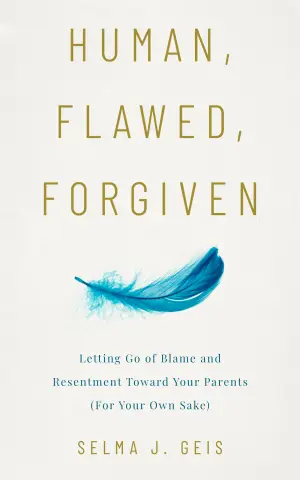A Reflection on To Kill a Mockingbird by Harper Lee
When I first cracked open To Kill a Mockingbird, I was met with a blend of curiosity and nostalgia—curiosity about the story I had long heard references to and nostalgia for the simpler days of childhood innocence it portrays. Harper Lee’s timeless classic elegantly captures the complexities of morality, justice, and growth through the eyes of a young girl in 1930s Alabama. I found myself immediately drawn in, wanting to explore the heart of Maycomb through the small but perceptive lens of Scout Finch.
At its core, To Kill a Mockingbird tackles profound themes such as racial injustice, moral courage, and the loss of innocence. Lee intricately weaves the tale of young Scout and her brother Jem growing up in a world steeped in prejudice and familial love. Their father, Atticus Finch, emerges as a moral fulcrum, a beacon of integrity battling societal norms that scream injustice. Watching Scout absorb the harsh realities of her town while grappling with the world around her left me reflecting on my own childhood—a poignant reminder of those moments when truths become painfully clear.
Lee’s writing style feels both lyrical and approachable, a sweet cadence rolling off the pages that feels like a conversation with a trusted friend. Her ability to transform complex societal issues into digestible, relatable narratives is commendable. I particularly appreciated her use of Scout’s innocent perspective, allowing her to explore the world around her with curious eyes, which ultimately leads readers to question their own beliefs and familial values. One striking moment comes from Scout’s encounter with Dolphus Raymond, who shares a profound truth: “I try to give ’em a reason, you see. It helps folks if they can latch onto a reason.” This simple yet profound observation resonated with me, reminding me how deeply ingrained societal prejudices can cloud understanding.
Moreover, the pacing felt just right; it meandered through childhood adventures and slowly built tension toward the climactic trial of Tom Robinson, illustrating how sometimes the world’s most innocent moments juxtapose startling realities. It’s a narrative that urges readers to pause, think critically, and engage in the conversation about human decency and justice.
For those who appreciate well-crafted novels exploring the human condition, To Kill a Mockingbird is an essential read. It’s perfect for anyone wrestling with concepts of morality and justice or seeking to understand the nuances of human nature. Personally, this reading has helped me appreciate not just the great literary craftsmanship of Harper Lee but also the immense capacity we all have for empathy—something we need now more than ever.
In closing, To Kill a Mockingbird is not just a novel; it’s an invitation to reflect on our beliefs, embrace our humanity, and strive for a world where empathy prevails over prejudice. Whether you’re revisiting it or diving in for the first time, prepare for a journey that might just reshape your understanding of what it means to be human.






